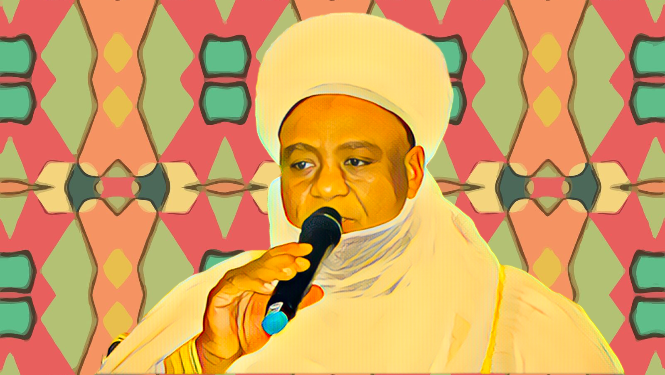Amid the ongoing conflict, Alhaji Muhammad Sa’ad Abubakar, Sultan of Sokoto and President-General of the Nigerian Supreme Council for Islamic Affairs (NSCIA), demands an immediate ceasefire in Gaza, stressing the urgent need to establish a humanitarian corridor for food and medical aid.
The Sultan, profoundly concerned, asserts, “Devastation has escalated; the appetite for destruction among these gladiators seems insatiable. How many more will perish?” According to a report by The Guardian, his words cast a spotlight on the dire, evolving situation.
NSCIA’s Deputy Secretary-General, Prof. Salisu Shehu, communicates the Sultan’s stance, “The exposed barbarity and ceaseless assaults on civilians are unbearable. We must halt the aggression against Gaza now.”
He brings attention to the larger scenario, pinpointing recent attacks by Hamas on Israel as part of an enduring, unresolved conflict. “This constant cycle of action and reaction needed addressing long ago,” the Sultan notes, alluding to a tangled history of grievances and provocations.
The statement digs deeper into the crisis’s roots: “Israel actively disrupted Hamas’s democratic governance in Palestine. Such provocation leaves people no choice but to retaliate. Hamas’s response, though reactionary, comes from a lack of alternatives. However, waging an all-out war and imposing a siege on two million defenseless individuals is indefensible and horrific.”
The statement then turns to the deep-seated reasons, asserting, “Today’s escalation results directly from Israel ignoring United Nations resolutions and the two-state directive of the Oslo Accord, neglecting to secure Palestinian economic and political interests.”
It slams Israel’s harsh tactics: “These imposed policies are stark colonialism. They subject Palestinians to inhumane conditions, turning Gaza into a colossal open-air prison based on the flawed claim of a land grab under false pretenses.”
Ending with a global appeal, the statement stresses, “We cannot afford a double standard in seeking peace. Aspiring to peace is noble, but devoid of justice; it only sows seeds of future strife. It’s disheartening that world leaders, while publicly championing peace, avoid implementing justice in Israeli-Palestinian dynamics. Real justice entails stopping oppressors and aiding the oppressed.”
This pressing call serves as a clear signal of growing global unease about the humanitarian disaster in Gaza and highlights the imperative for a nuanced strategy in resolving the Israeli-Palestinian contention.



